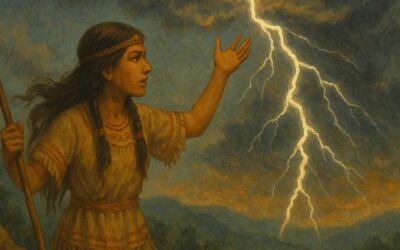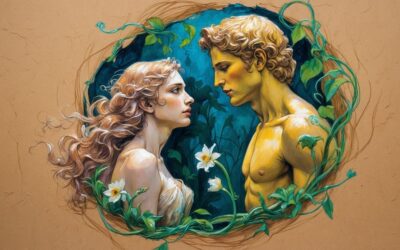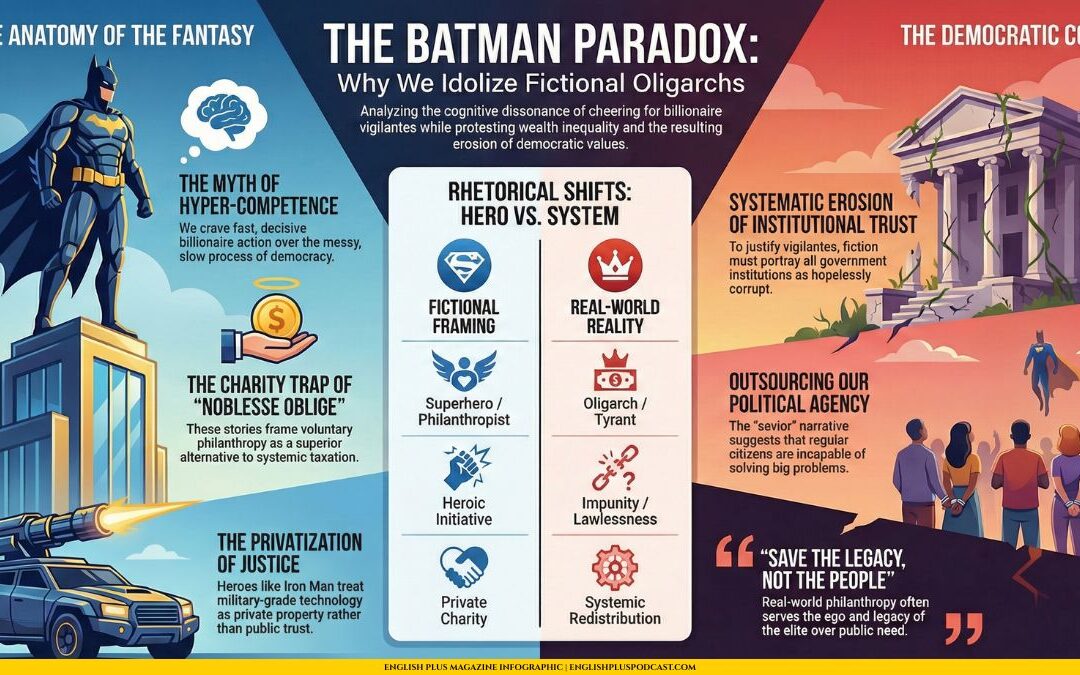Introduction
King Arthur and the Knights of the Round Table are legendary figures that have captured the imaginations of people for centuries. Their stories have been told and retold countless times, in literature, film, and other forms of media. But who were these characters, and what is the story behind their legend?
The Legend of King Arthur
The legend of King Arthur began in the early Middle Ages, around the 5th or 6th century. It is believed to be based on a historical figure, a British king who lived in the late 5th or early 6th century. However, the details of his life are shrouded in mystery and have been embellished and mythologized over the years.
According to legend, King Arthur was the son of Uther Pendragon, the king of Britain. When Uther died, there was no clear successor to the throne, and the country was plunged into chaos. To ensure the safety of his son, Uther entrusted him to the care of the wizard Merlin, who raised him in secret.
When Arthur came of age, he was unaware of his royal heritage. He stumbled upon a sword in a stone, which bore an inscription that proclaimed that whoever could pull it from the stone would be the rightful king of Britain. Arthur, unaware of the significance of the sword, pulled it from the stone, thus fulfilling the prophecy and becoming the rightful king.
Arthur went on to unite the various kingdoms of Britain and establish a peaceful and just rule. He was aided by a group of knights who were known as the Knights of the Round Table.
The Knights of the Round Table
The Knights of the Round Table were a group of knights who were loyal to King Arthur and dedicated to the cause of chivalry. They were called the Knights of the Round Table because they met around a round table, which symbolized equality and unity among them.
The most famous of the Knights of the Round Table was Sir Lancelot, who was known for his courage and his affair with Arthur’s wife, Queen Guinevere. Other notable knights included Sir Galahad, Sir Gawain, and Sir Percival.
The stories of the Knights of the Round Table are filled with adventure, romance, and heroism. They went on quests to slay dragons, rescue damsels in distress, and seek out the Holy Grail, a mythical object that was said to have miraculous powers.
The Downfall of King Arthur
Despite Arthur’s success in uniting the kingdoms of Britain and establishing a just rule, his reign was not without its problems. His affair with Queen Guinevere led to a rift between him and his most loyal knight, Sir Lancelot. This eventually led to a civil war, in which Arthur was killed by his own son, Mordred.
The legend of King Arthur and the Knights of the Round Table has endured for centuries, and has inspired countless works of literature, art, and other forms of media. The stories of these legendary figures have captured the imaginations of people all over the world, and their legacy continues to live on today.
Meet the Legend Himself, King Arthur
Q — What inspired you to become a great king, and how did you go about achieving your goals?
I was inspired to become a great king by a sense of duty and responsibility to my people. I wanted to unite the kingdoms of Britain and establish a just and peaceful rule. I achieved my goals by surrounding myself with wise and loyal advisors, and by building alliances with other rulers through diplomacy and negotiation.
Q — What was the biggest challenge you faced during your reign, and how did you overcome it?
The biggest challenge I faced during my reign was the civil war that was sparked by the rift between myself and Sir Lancelot, and ultimately led to my downfall. I tried to prevent the war by reconciling with Lancelot, but it was too late. In hindsight, I should have been more transparent and open in dealing with the situation.
Q — How did you go about selecting the knights who served at the Round Table, and what qualities did you look for in them?
I looked for knights who were skilled in battle, honorable, and devoted to the ideals of chivalry. I also looked for knights who were loyal to me and would serve as examples to others. My goal was to create a brotherhood of knights who would support each other and work together for the greater good.
Q — What was your greatest achievement as a king, and what do you consider your biggest failure?
My greatest achievement as a king was the establishment of the Round Table and the unity it brought to the kingdoms of Britain. My biggest failure was my affair with Queen Guinevere, which led to the rift with Sir Lancelot and the civil war that ultimately led to my downfall.
Q — Can you share with us any insights or lessons you learned from your experiences, that may be useful for leaders today?
I learned that transparency and honesty are crucial for building trust and avoiding conflicts. I also learned that having a strong sense of duty and responsibility to one’s people is essential for being an effective leader. Finally, I learned that leadership is not just about power, but about service to others.
Q — What advice would you give to modern-day knights and those seeking to follow in your footsteps?
I would advise them to uphold the ideals of chivalry, to be honorable, courageous, and just in all their dealings, and to put the needs of others before their own. I would also advise them to be open and transparent in their dealings and to avoid conflicts whenever possible.
Q — Can you tell us more about the legends surrounding your life and legacy, and how they differ from the historical reality?
The legends surrounding my life and legacy have been embellished and mythologized over the centuries. While there is some historical basis for my life and reign, many of the details have been distorted or invented over time.
Q — How did you cope with the challenges and pressures of being a leader, and what kept you motivated in difficult times?
I coped with the challenges and pressures of being a leader by relying on my faith and my sense of duty to my people. I also had the support of my advisors and the Knights of the Round Table, who kept me motivated and helped me stay focused on my goals.
Q — Would you like to talk about Guinevere and Lancelot’s affair?
I must say that the affair between Queen Guinevere and Sir Lancelot was a great betrayal, and it brought great pain and sorrow to my heart. Guinevere was my beloved wife, and Lancelot was my most trusted and loyal knight. The betrayal of their love not only damaged my personal relationships but it also created chaos and division among the kingdom. I made a vow to uphold the ideals of chivalry and justice, and I believe that a leader must lead by example. The affair was a violation of these ideals, and it ultimately led to my downfall. While it is true that Guinevere and Lancelot loved each other deeply, their actions went against the values that we stood for, and the consequences of their actions were grave.
Q — Do you have any regrets?
I have many regrets. I regret that my affair with Guinevere led to the rift between myself and Sir Lancelot, which ultimately led to the civil war that tore the kingdom apart. I also regret that I was not able to prevent Mordred from betraying me and starting the war. Perhaps if I had been more transparent and open in dealing with the situation, I could have prevented the conflict from happening. Additionally, I regret that I was not able to fully realize my vision for a just and peaceful kingdom, and that my reign ended in tragedy and chaos. However, I am proud of what I was able to accomplish during my life, and I hope that my legacy will continue to inspire future generations to strive for justice, unity, and equality.
Q — How do you think your legacy has influenced the world and popular culture today?
I think my legacy has inspired people to strive for justice, equality, and unity. The ideals of chivalry that I embodied have continued to resonate with people throughout the centuries, and my story has become a symbol of heroism and nobility.
Q — If you had one piece of advice to offer to future generations, what would it be?
My advice to future generations would be to always remember the importance of honor, courage, and justice, and to strive for unity and equality. As a leader, it is important to serve the needs of the people and to lead by example, upholding the values of chivalry and fairness. Remember that leadership is not just about power, but about responsibility and service to others. Above all, have faith in yourself and your ability to make a positive difference in the world.
Keywords
- King Arthur: Legendary British king who united the kingdoms of Britain and established a just and peaceful rule.
- Knights of the Round Table: A group of knights who were loyal to King Arthur and dedicated to the cause of chivalry.
- Legend: A traditional story or set of stories that explains the origin of a people or culture.
- Chivalry: The medieval knightly system with its religious, moral, and social code.
- Quest: A long and arduous search for something.
- Romance: A genre of literature or art that portrays idealized love or chivalric adventure.
- Heroism: The qualities of a hero, such as courage, bravery, and selflessness.
- Holy Grail: A mythical object that was said to have miraculous powers and was sought after by the Knights of the Round Table.
- Sir Lancelot: A legendary knight who was known for his courage and his affair with Arthur’s wife, Queen Guinevere.
- Sir Galahad: A legendary knight who was known for his purity and his quest for the Holy Grail.
- Sir Gawain: A legendary knight who was known for his courage and chivalry.
- Sir Percival: A legendary knight who was known for his quest for the Holy Grail.
- Uther Pendragon: The father of King Arthur, who entrusted his son to the care of the wizard Merlin.
- Merlin: A wizard who raised King Arthur in secret and was a trusted advisor to him throughout his life.
- Civil war: A war fought between two or more factions within the same country or community.
- Betrayal: The act of being disloyal or treacherous towards someone who trusts you.
- Justice: The quality of being fair and impartial.
- Unity: The state of being united or joined as a whole.
- Responsibility: The state or fact of having a duty to deal with something or having control over someone.
- Legacy: Something that is handed down or remains from a previous generation or time, such as a tradition or value system.










0 Comments